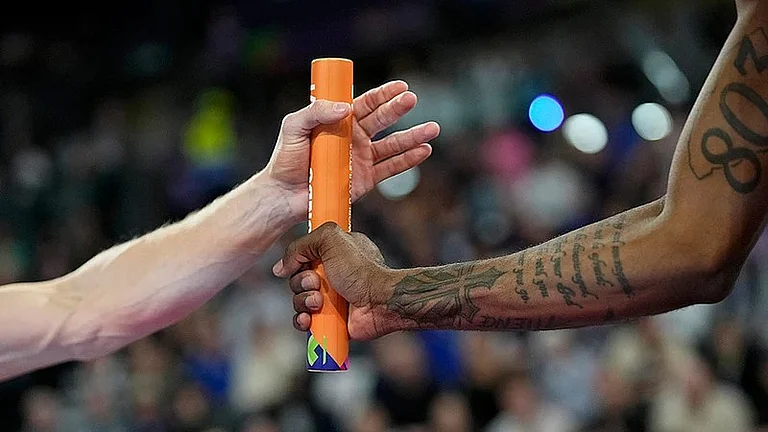IIT Bhubaneswar, in collaboration with MOSart Labs, has introduced a diploma program in semiconductor technology and chip design to equip engineering graduates with specialized, industry-ready skills. This program addresses the growing demand in India’s semiconductor sector, focusing on large-scale integration (VLSI), a process that combines millions or even billions of MOS (metal oxide semiconductor) transistors onto a single chip. VLSI is critical in modern electronics, with applications spanning consumer electronics, automotive, and more.
The collaboration was formalized with a Memorandum of Understanding (MoU) signed on Tuesday. Shreepad Karmalkar, Director of IIT Bhubaneswar, stated that the partnership aligns with the institute’s mission to deliver high-impact education that merges academic expertise with practical industry skills. Karmalkar emphasized that the new diploma will empower graduates to contribute to India's semiconductor ecosystem, which is expanding rapidly with government and industry support.
The diploma, led by experienced faculty, alumni, and industry experts, targets graduates in fields such as electronics and communication, electrical, and computer science engineering. Many of the students expected to benefit from this program are recent graduates or professionals already working in related sectors. The curriculum is structured to ensure a comprehensive skill-building experience across three modules, each designed to deepen students' understanding and hands-on expertise in semiconductor design and technology.
The program’s first phase, the “Launchpad Module,” introduces students to the semiconductor industry landscape, focusing on the integrated circuit (IC) lifecycle and offering foundational VLSI instruction. At the end of this module, students take an entrance exam, which determines their eligibility for the next stages of the diploma. Successful candidates then move on to the second phase, the “Foundation Module,” which spans an entire semester and covers core concepts through five courses. This module lays the groundwork for students in areas such as digital and analog design, physical layout, and testing.
The third and final phase, the “Specialization Module,” allows students to choose a specific area of focus. This semester-long module includes three advanced courses and a mini-project, giving students hands-on experience in their chosen field, whether it’s analog design, digital design, design verification, physical design, layout, or testing and validation. This approach ensures that students not only gain theoretical knowledge but also practical skills needed to meet industry standards.
Vijay Shankar Pasupureddi, the program coordinator, highlighted that the structure enables students to progressively build and refine their expertise, ultimately achieving a high level of competency. Krishna Kanth Avalur from MOSart Labs pointed out that the timing is ideal, given the increased collaboration between government and industry to boost India’s semiconductor capabilities. This diploma program offers a pathway for graduates across India to upskill and enter the burgeoning semiconductor field, where the demand for VLSI engineers is set to grow significantly. Through this collaboration, IIT Bhubaneswar and MOSart Labs aim to contribute substantially to India’s ambitions in semiconductor innovation and manufacturing.
(This article is a reworked version of a PTI feed)






.jpg?w=801&auto=format%2Ccompress&fit=max&format=webp&dpr=1.0)



















